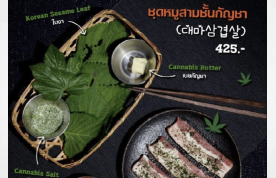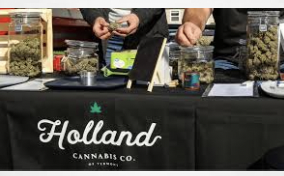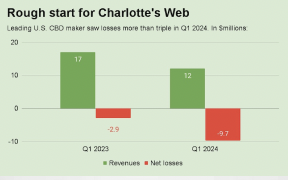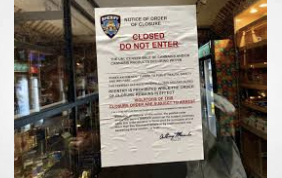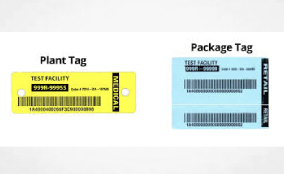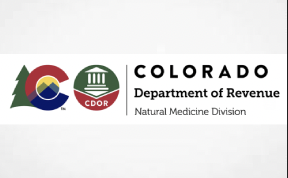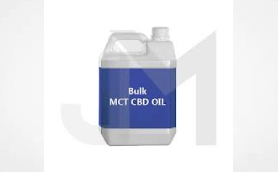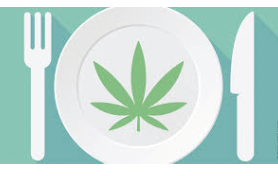The introduction…
Food trends are in a constant state of flux, shaped by changing consumer preferences for organic, vegan, and plant-based options, as well as considerations for dietary restrictions like those for people with diabetes and people adhering to religious dietary requirements. These trends also encompass concerns related to ingredient sourcing and animal welfare. They include the introduction of novel ingredients like yuzu, alternative proteins, and even insects into food products in the U.S.
The cannabis sector is a hotbed of innovation, especially when it comes to food, beverages, and dietary supplements. In states where cannabis is legalized, consumers have access to a wide variety of cannabis-infused food products, including candies, soft drinks, and capsules. Certain markets even offer convenient packs of cannabis-based ingredients to enhance culinary creations and beverages in the home kitchen.
These ever-changing food trends, combined with the absence of federal regulatory oversight for cannabis, have given rise to significant risks to public health and safety. The core problem lies in the fact that cannabis and cannabis-derived substances are not considered legal food additives by the U.S. Food and Drug Administration (FDA). When introducing new food additives not already classified as Generally Recognized as Safe (GRAS), organizations have the option to petition FDA for approval. This procedure entails a comprehensive safety assessment, covering aspects such as identification, potential exposure, safety evaluation, and usage restrictions.
In November 2022, FDA took action by issuing Warning Letters to four companies, underlining that cannabidiol (CBD) lacks approval as a food additive and these companies were in violation of the Food, Drug, and Cosmetic Act (FD&C).1 FDA continues to express concerns regarding the prolonged use of CBD and its appeal to children. As recently as July 2023, FDA warned six companies for illegally selling copycat food products containing Delta-8 THC.2 Previously, FDA had warned about the serious health risks of consuming Delta-8 THC after receiving over 100 reports of adverse events from January 1, 2021 through May 31, 2022.3
With the proliferation of cannabis legislation in the majority of U.S. states, there has been a growing number of incidents involving cannabis-infused foods and concerns about formal food safety oversight. The regulation of these edibles remains a source of industry confusion, with many consumers unaware of the limited oversight from a conventional food safety perspective when it comes to purchasing and consuming such products. There is a common assumption among consumers that if a product is legally available, it must be subject to government regulation. However, due to the complex legal landscape surrounding these cannabis products, the federal government does not regulate them, and state-level regulations vary drastically, often leading to inefficiencies and inconsistent standards that jeopardize public health and safety. This emerging product category is evolving rapidly, outpacing the ability of regulators and food safety experts to ensure that appropriate measures are in place to safeguard public health and safety.
Read the full article at

